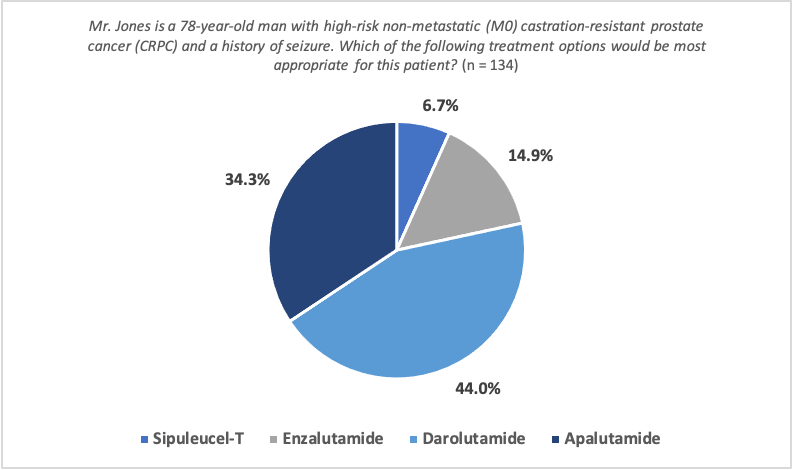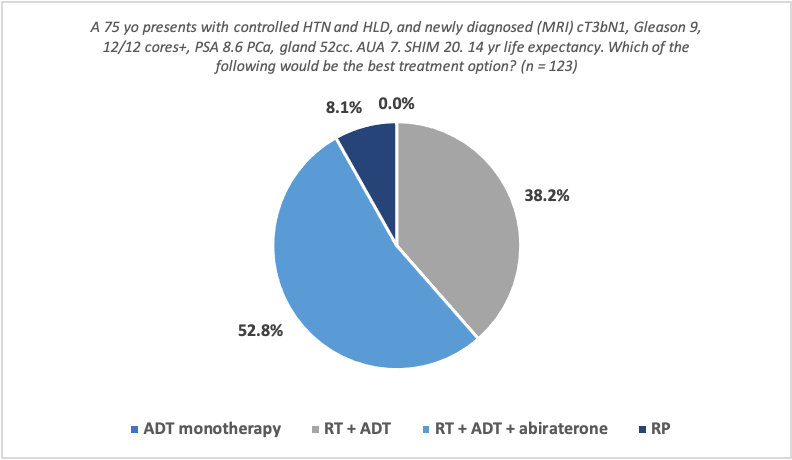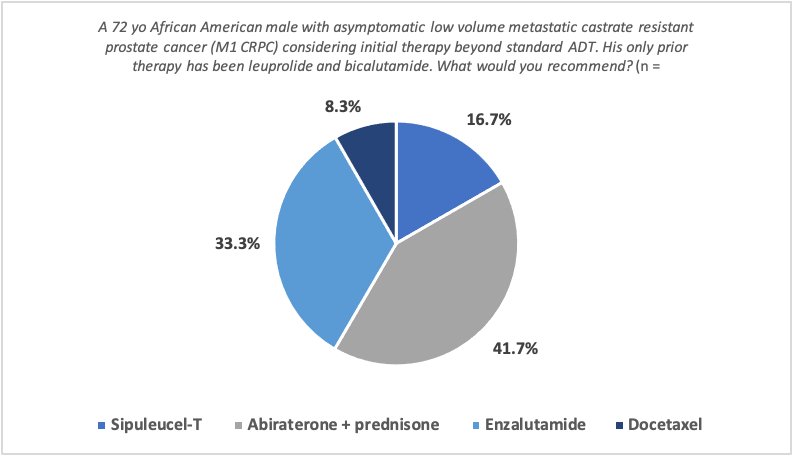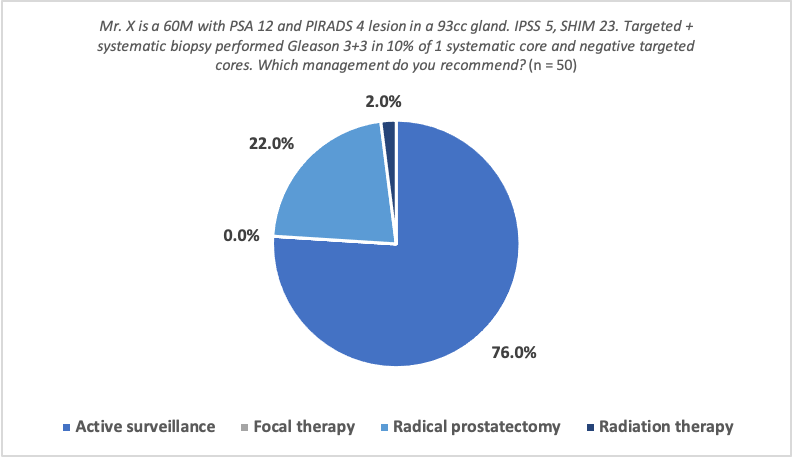Recap: CancerNetwork® Tweet Chat on Prostate Cancer
In a mock tumor board on prostate cancer on Twitter, health care providers came together to discuss real patient cases and present various treatment options for review.
In a mock tumor board on prostate cancer organized by CancerNetwork® on Twitter, health care providers came together to discuss real patient cases and present various treatment options for review, with guest commentary on each case offered from experts in the field.
Led by Judd W. Moul, MD, FACS, a urologic oncologist at Duke Cancer Center and Duke Urology Clinic, the chat featured guest commentary from Daniel Spratt, MD, chief of the Genitourinary Radiotherapy Program, associate chair of Clinical Research, and the Laurie Snow Endowed Research Professor at the Rogel Cancer Center of the University of Michigan, Alicia K. Morgans, MD, MPH, associate professor of Medicine at the Robert H. Lurie Comprehensive Cancer Center of the Northwestern University Feinberg School of Medicine, and Stacy Loeb, MD, MSc, PhD (hon.), professor of Urology and Population Health at NYU Langone Health and the Manhattan Veterans Affairs.
In case you missed it, here is a recap of the questions presented and the answers selected by participants:
tweet chat question 1

tweet chat question 2

tweet chat question 3

tweet chat question 4

Prolaris in Practice: Guiding ADT Benefits, Clinical Application, and Expert Insights From ACRO 2025
April 15th 2025Steven E. Finkelstein, MD, DABR, FACRO discuses how Prolaris distinguishes itself from other genomic biomarker platforms by providing uniquely actionable clinical information that quantifies the absolute benefit of androgen deprivation therapy when added to radiation therapy, offering clinicians a more precise tool for personalizing prostate cancer treatment strategies.